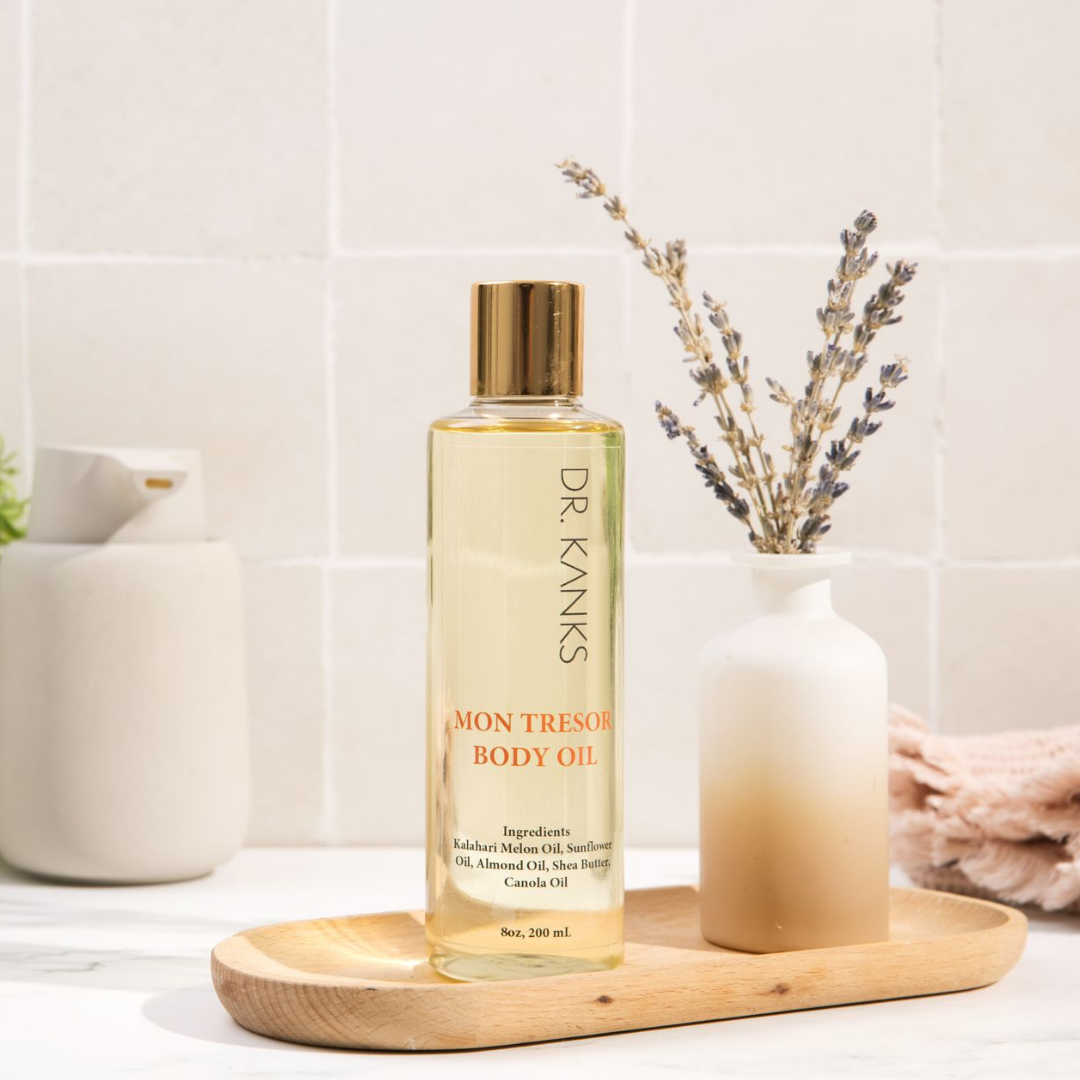
Body Oils vs. Body Lotions: What's Best for Your Skin?
When it comes to moisturizing your skin, choosing between body oils and body lotions can be confusing. Each type of moisturizer has its benefits and drawbacks, depending on your skin type, needs, and preferences. Let's explore the differences, how they work, and common misconceptions about moisturizers.
What is a Moisturizer?
A moisturizer is any product designed to hydrate and protect the skin, preventing dryness and maintaining its natural barrier function. Moisturizers typically fall into three categories based on their primary function:
- Humectants: Attract water to the skin (e.g., glycerin, hyaluronic acid).
- Emollients: Smooth and soften the skin by filling in gaps between skin cells (e.g., oils, butters).
- Occlusives: Create a barrier to lock in moisture (e.g., petrolatum, beeswax).
Body Oils
Composition and Function:
- Ingredients: Body oils are primarily composed of plant-based oils such as jojoba, argan, coconut, and almond oil. They may also contain essential oils for fragrance and additional benefits.
- Mechanism: Oils act mainly as emollients and occlusives. They help to seal in moisture by creating a barrier on the skin's surface, preventing water loss, and leaving the skin feeling smooth and supple.
Benefits:
- Hydration: Excellent for locking in moisture, especially when applied to damp skin after a shower.
- Nourishment: Rich in essential fatty acids and vitamins that nourish the skin.
- Absorption: Quickly absorbed, leaving a silky finish without a greasy residue.
Drawbacks:
- Limited Hydration: Oils do not add moisture to the skin but rather prevent water loss, so they are best used in combination with water-based products for optimal hydration.
- Not Suitable for All Skin Types: Those with oily or acne-prone skin might find body oils too heavy or comedogenic.
Body Lotions
Composition and Function:
- Ingredients: Lotions are emulsions of water and oil, typically containing humectants, emollients, and sometimes occlusives.
- Mechanism: Lotions provide a balanced approach to moisturizing, combining the water-attracting benefits of humectants with the smoothing and protective properties of oils and occlusives.
Benefits:
- Versatility: Suitable for a wide range of skin types and conditions.
- Hydration: Effective at both hydrating and locking in moisture due to the combination of humectants and emollients.
- Lightweight: Generally lighter and more quickly absorbed than oils, making them ideal for everyday use.
Drawbacks:
- Reapplication: May need to be reapplied more frequently than oils, especially in dry environments.
- Ingredients: Some lotions contain synthetic preservatives and fragrances that can irritate sensitive skin.
Common Misconceptions about Moisturizers
-
"Moisturizers are all the same."
- Reality: Different moisturizers serve different purposes. Humectants attract moisture, emollients soften the skin, and occlusives lock in moisture. The best product depends on your specific skin needs.
-
"Oils alone can hydrate the skin."
- Reality: Oils primarily lock in existing moisture rather than adding hydration. For best results, use oils in combination with water-based products or apply them to damp skin.
-
"Natural products are always better."
- Reality: Natural ingredients can be beneficial, but they can also cause reactions or be less effective than their synthetic counterparts. It's important to consider your skin type and any sensitivities.
Conclusion
Choosing between body oils and body lotions depends on your skin type, lifestyle, and personal preferences. For deep hydration and nourishment, body oils can be highly effective, especially when used on damp skin. For a balanced approach that includes hydration and moisture retention, body lotions are an excellent choice. Understanding the different roles of moisturizers and how they work can help you make the best choice for your skin care routine.

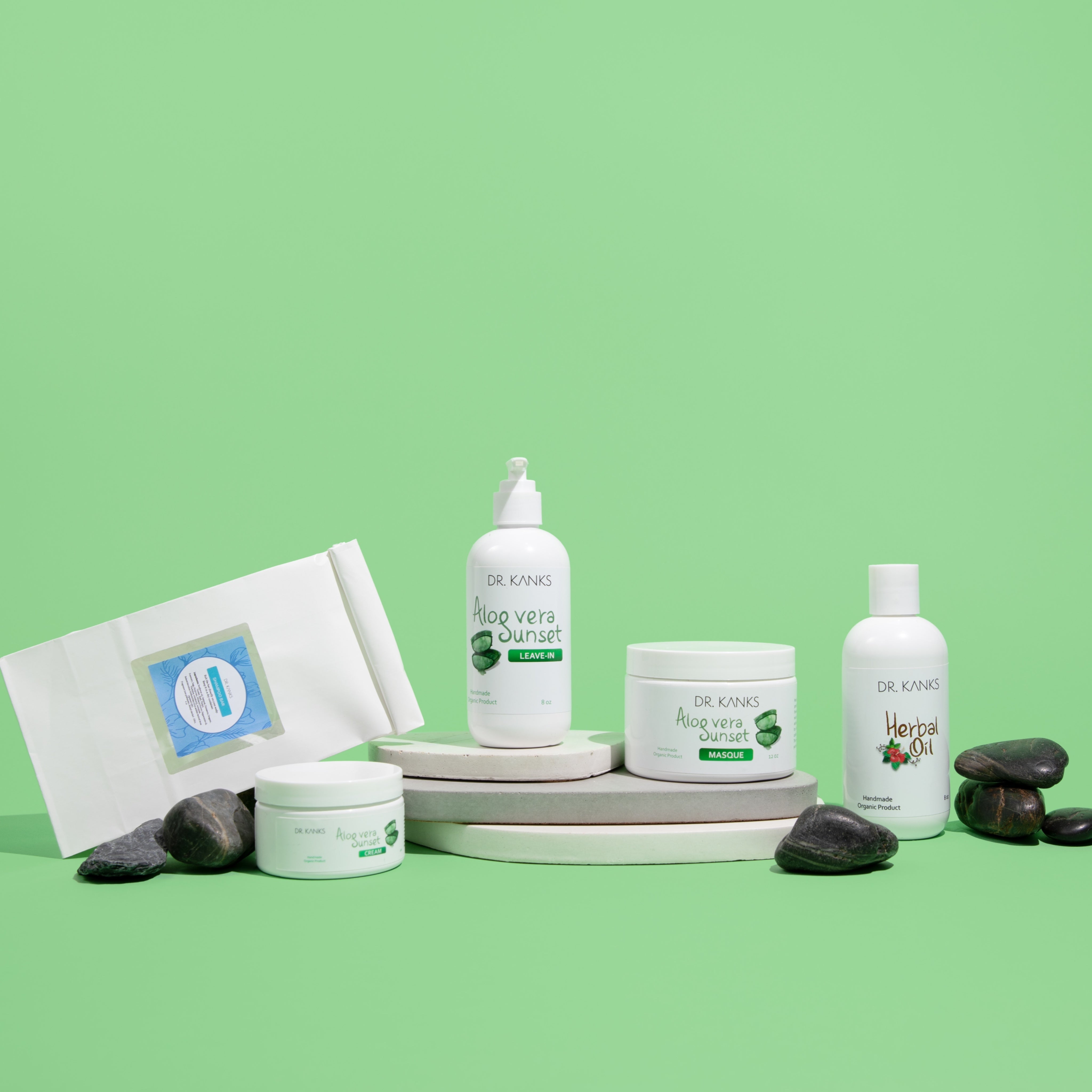
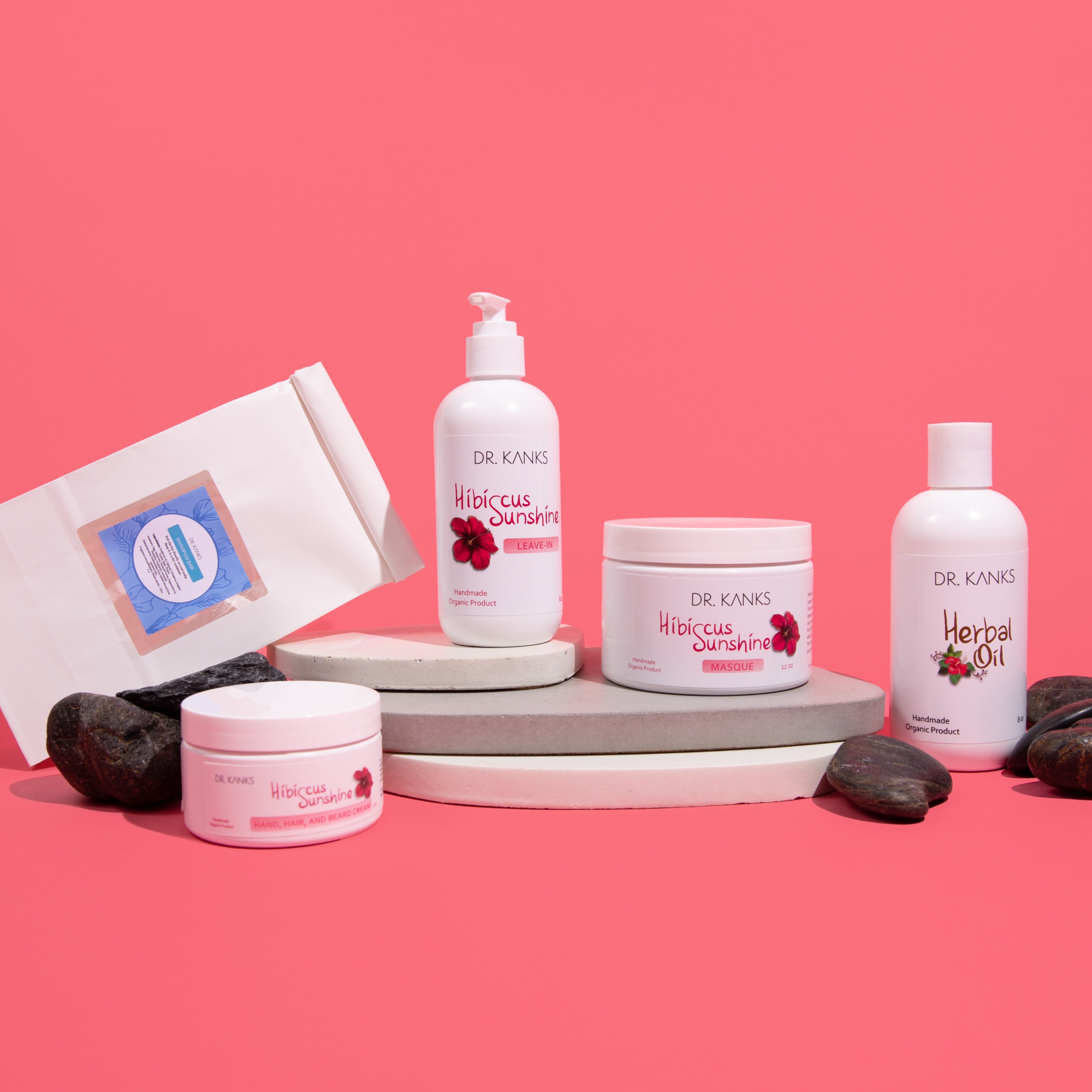
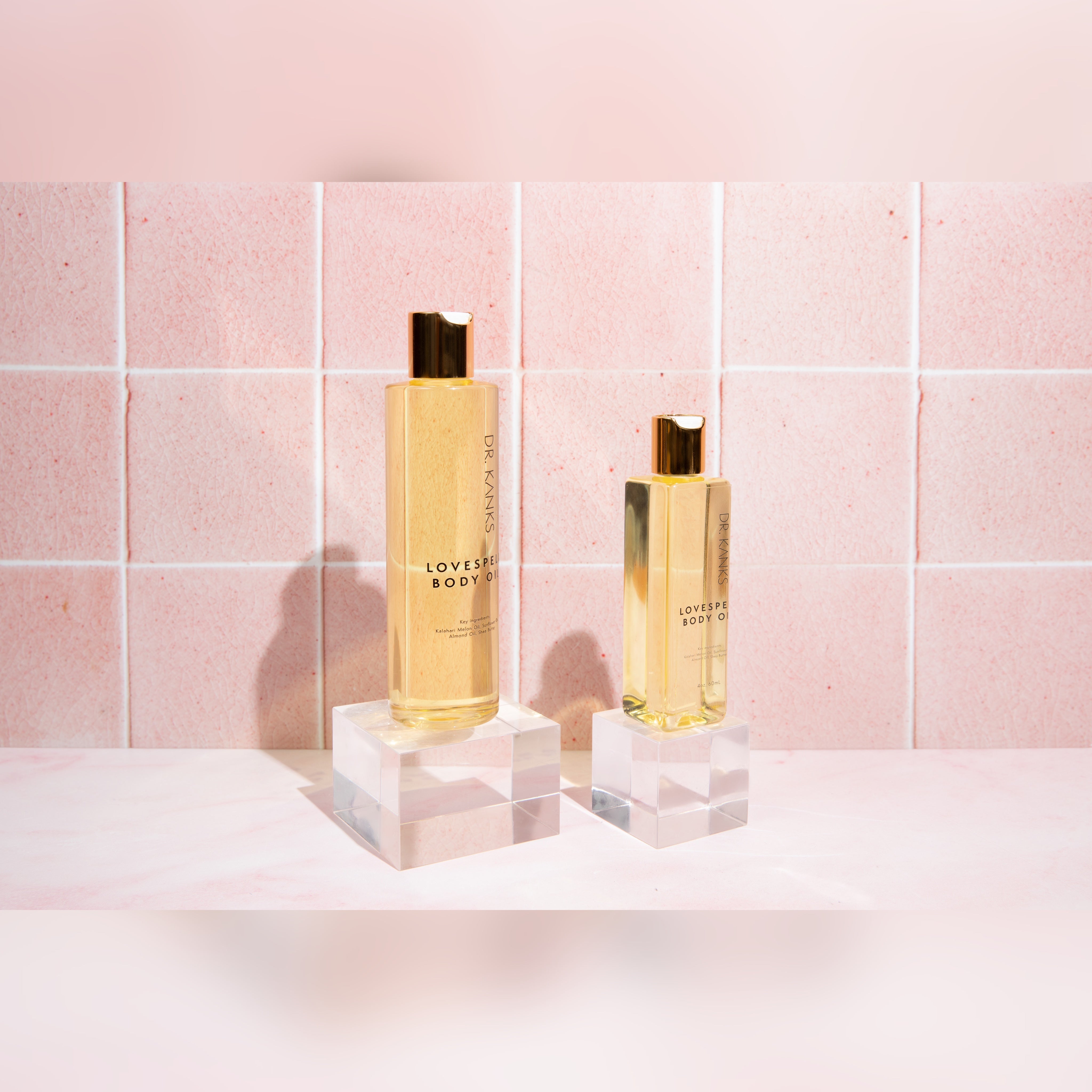

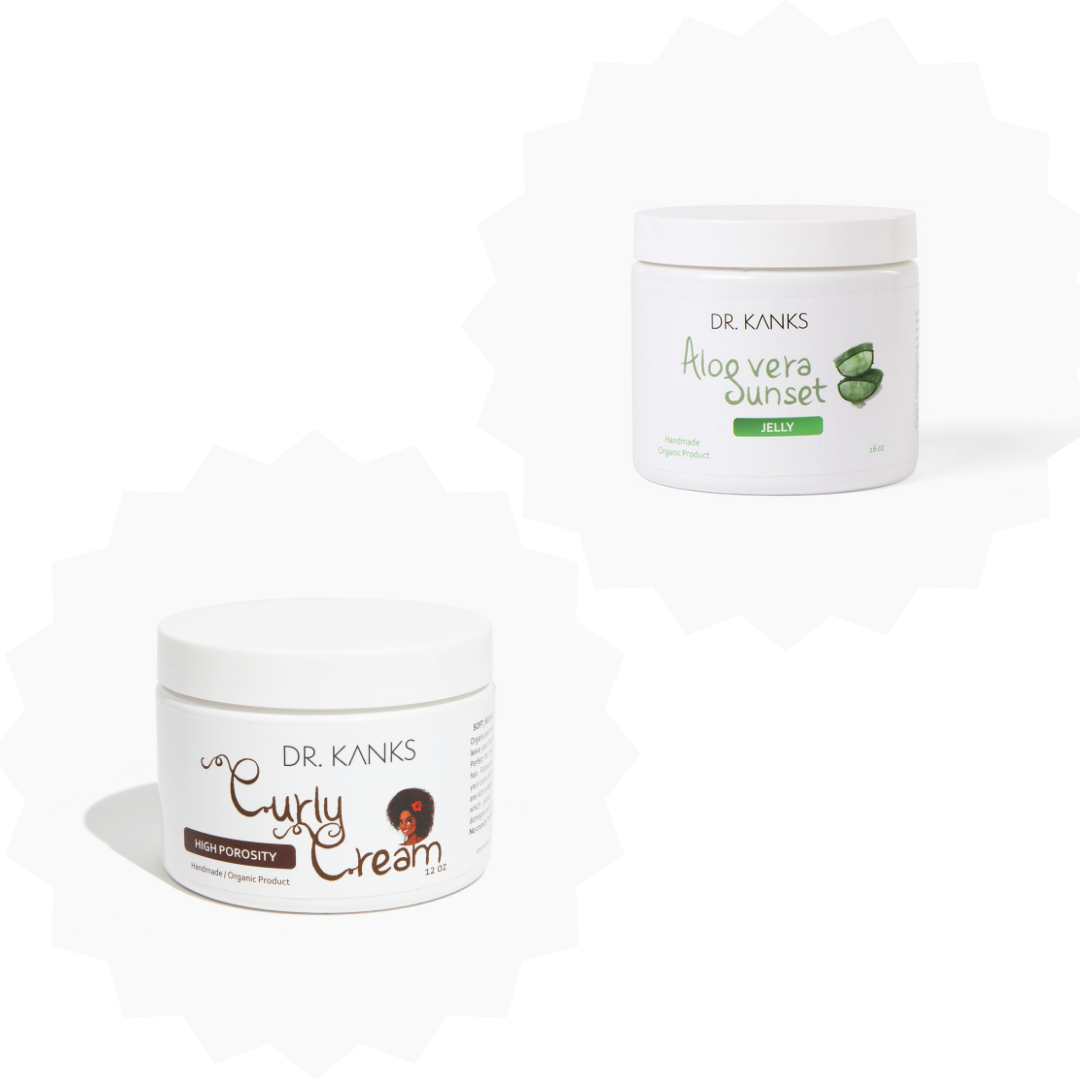

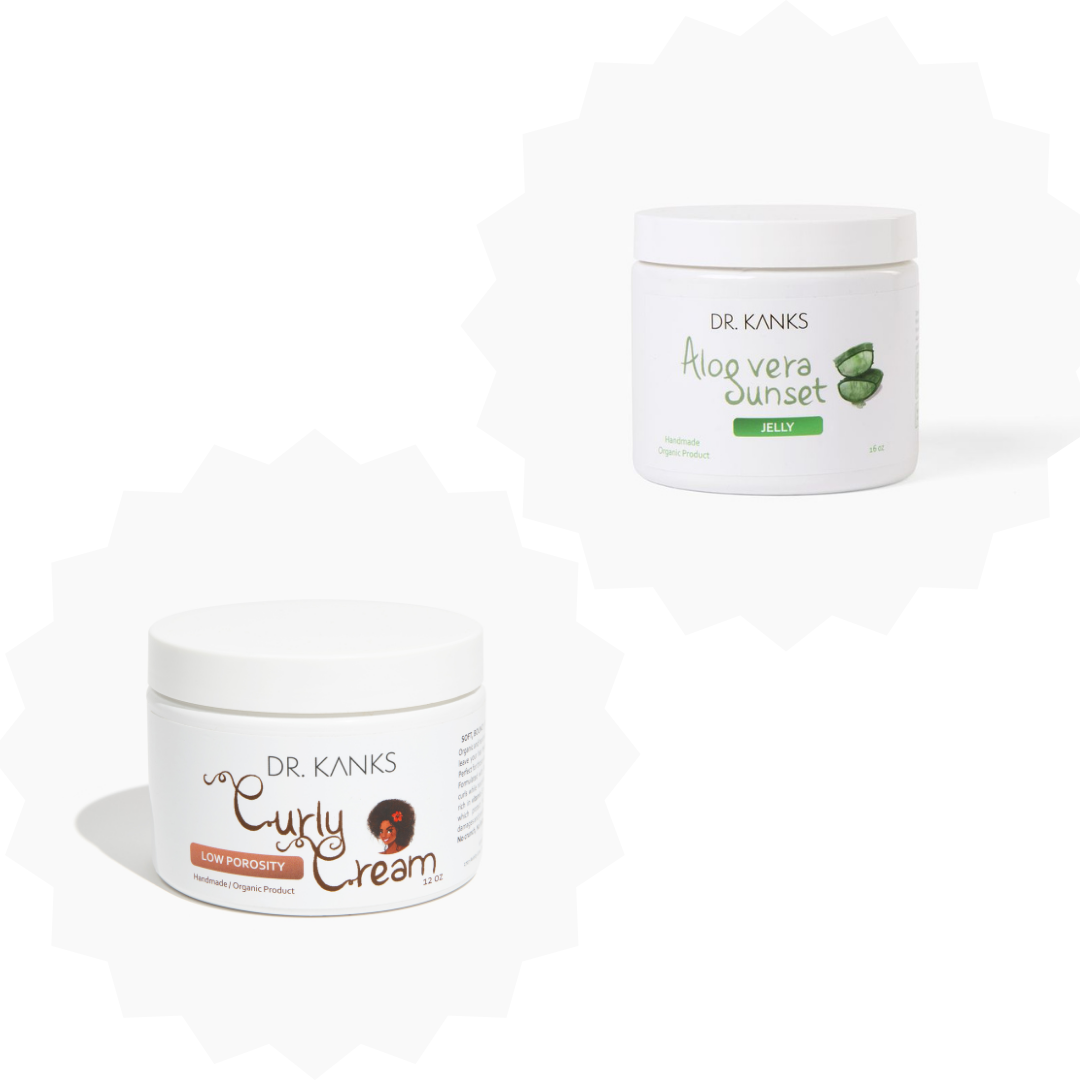
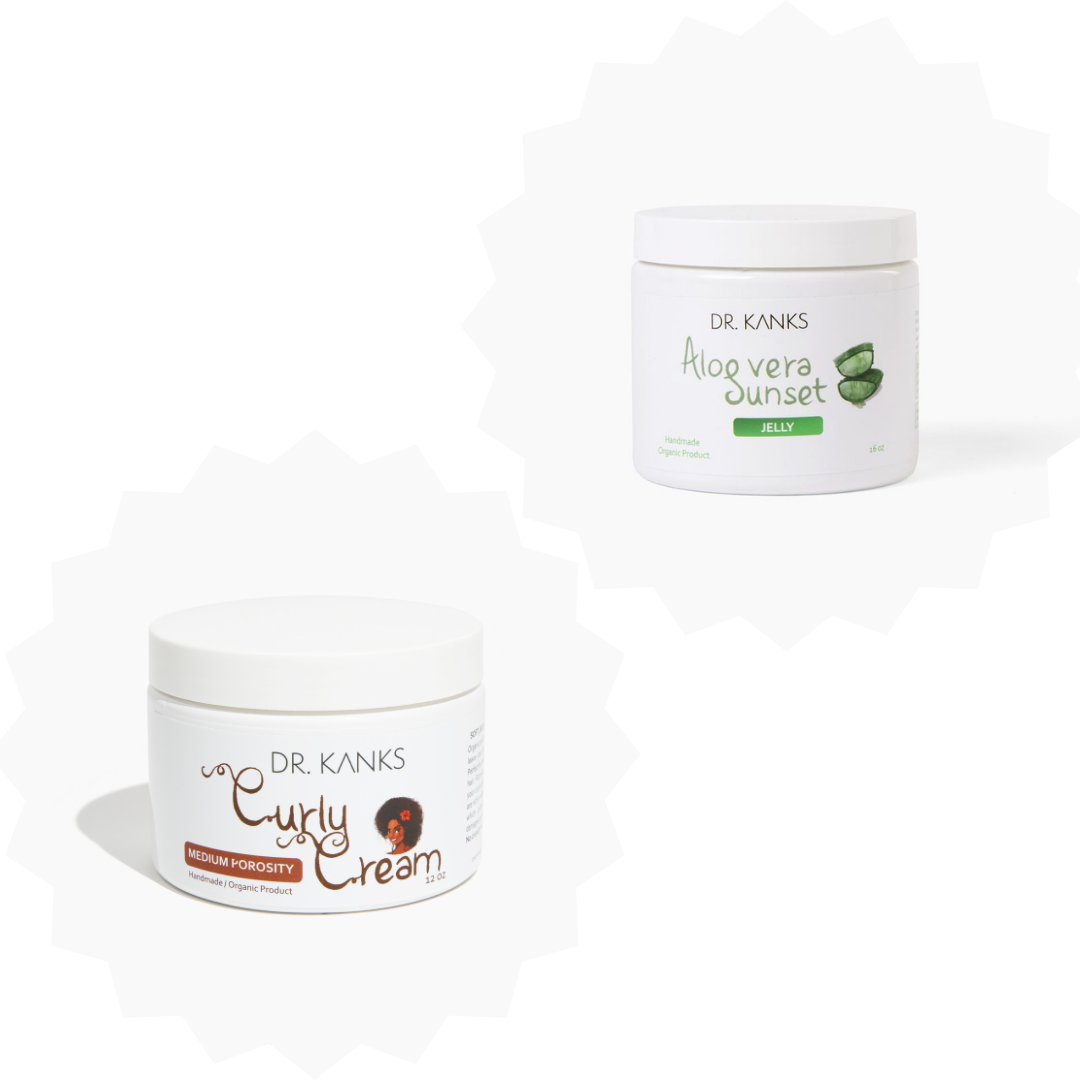
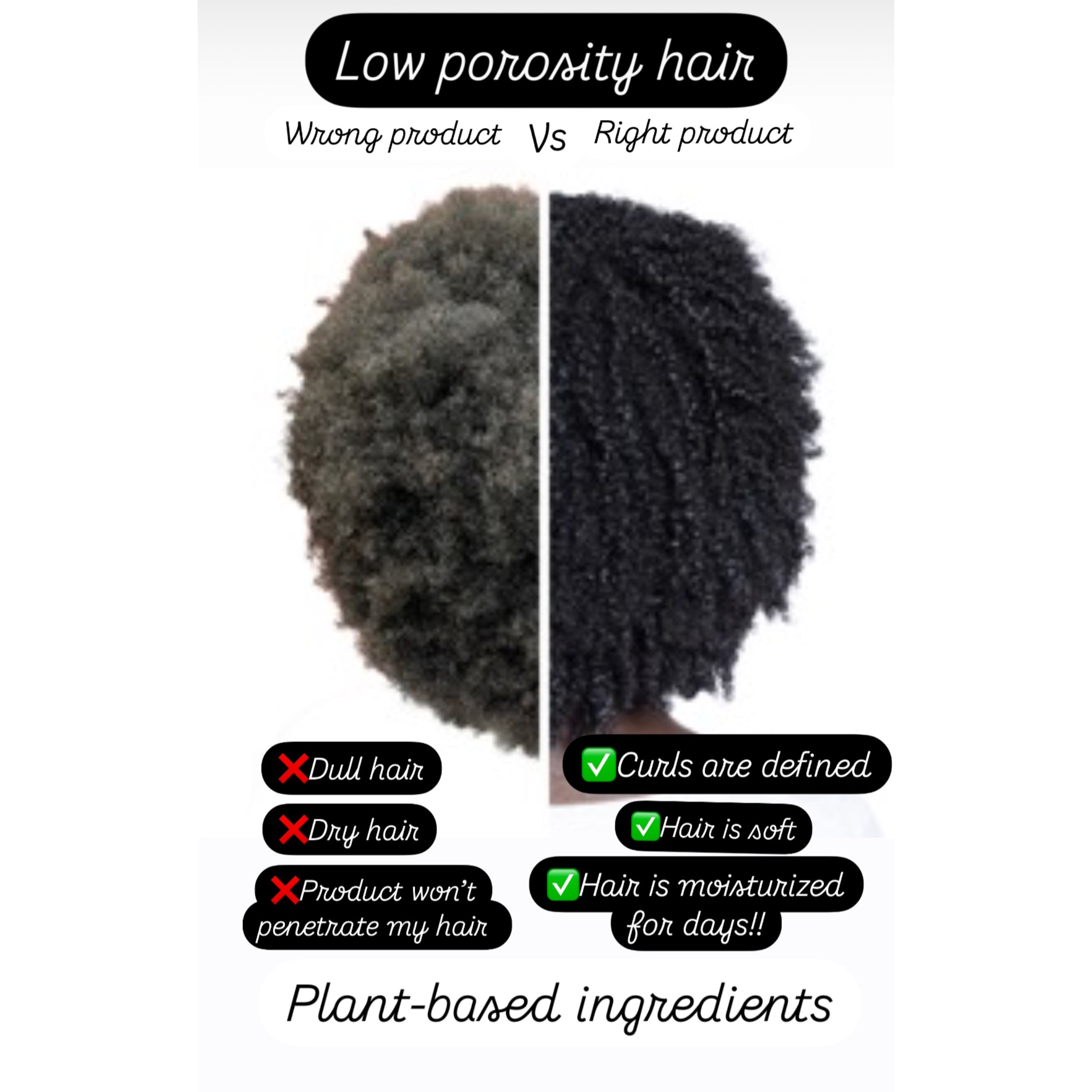
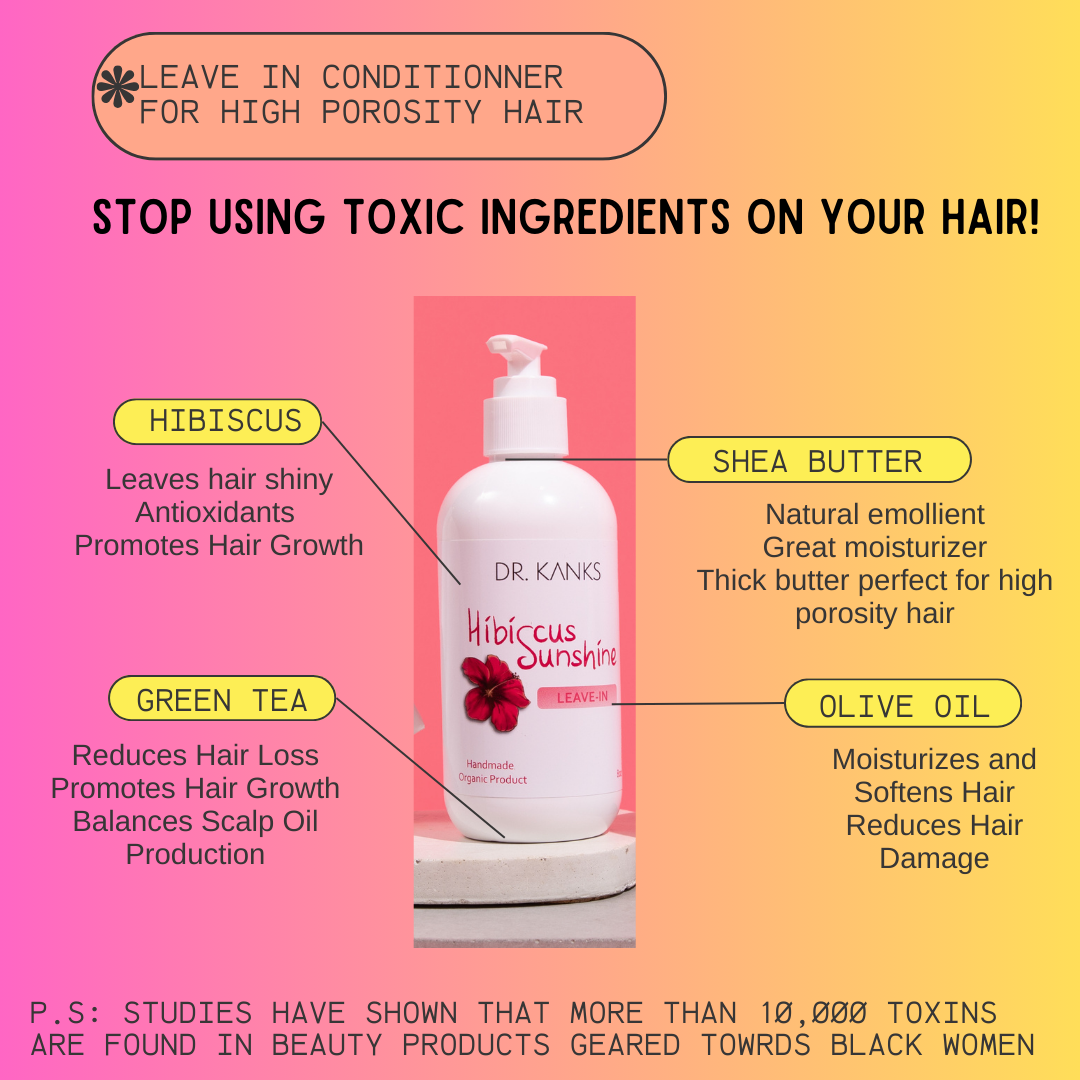
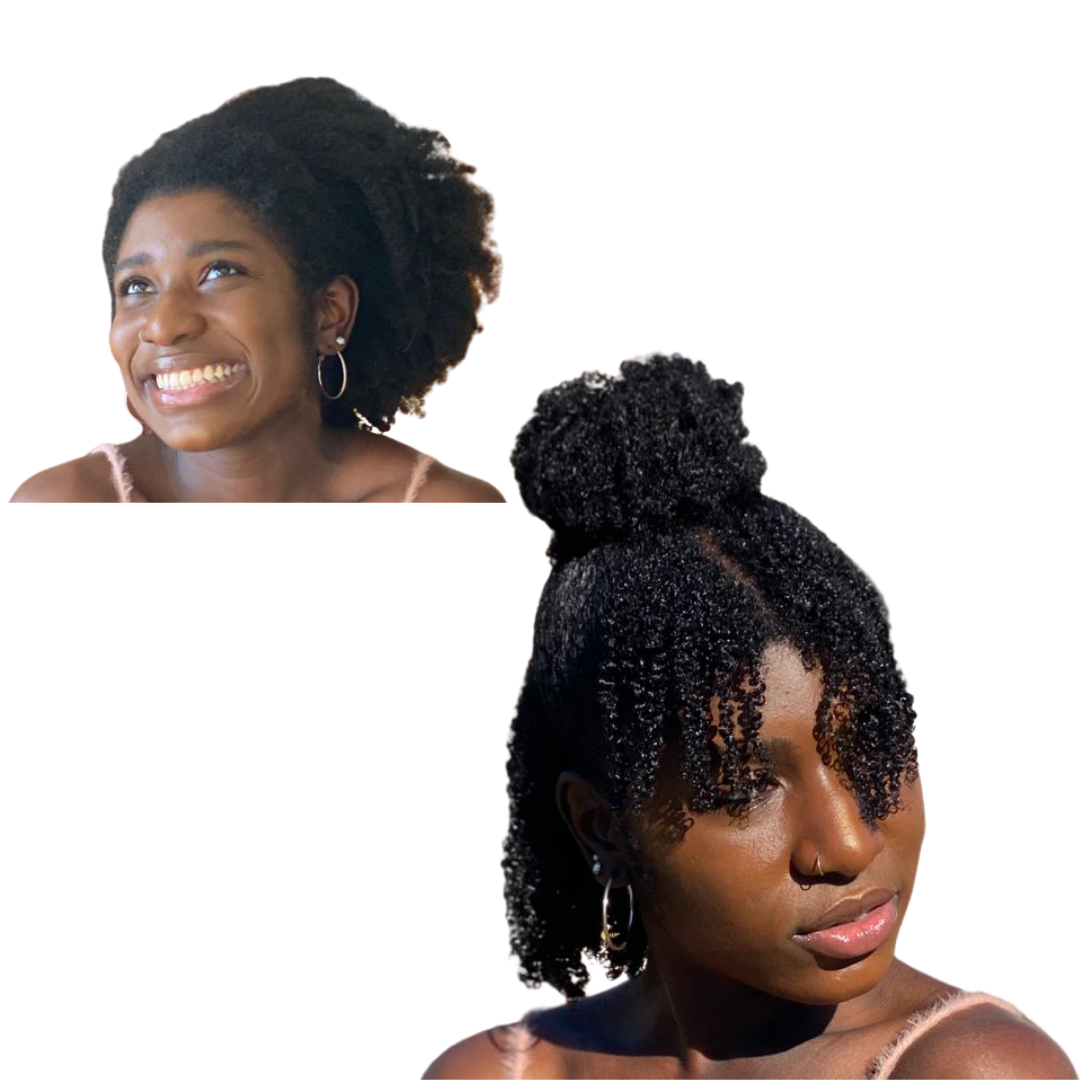
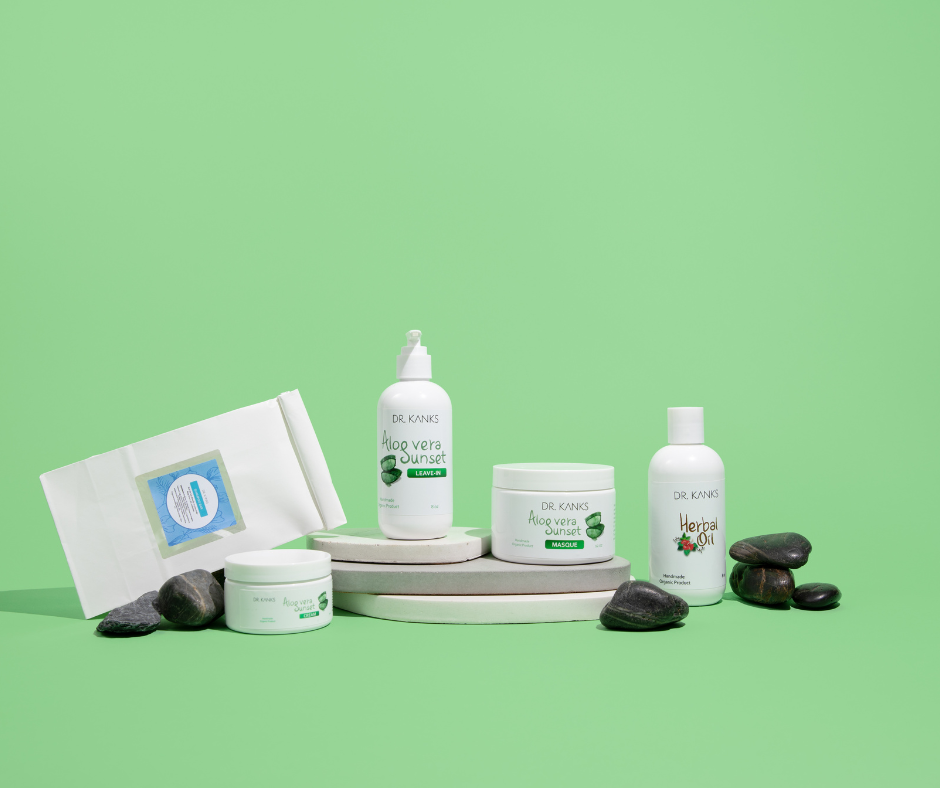
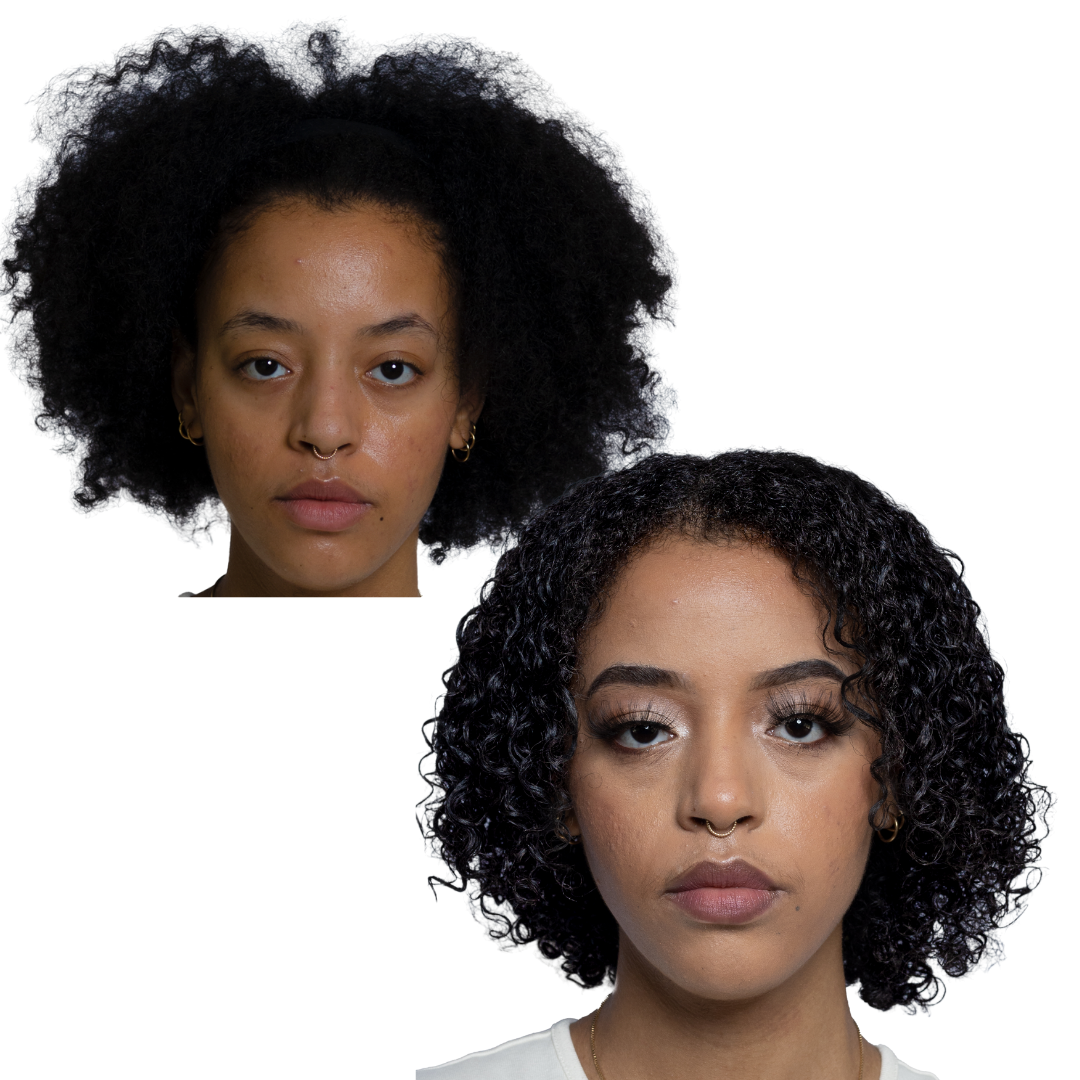
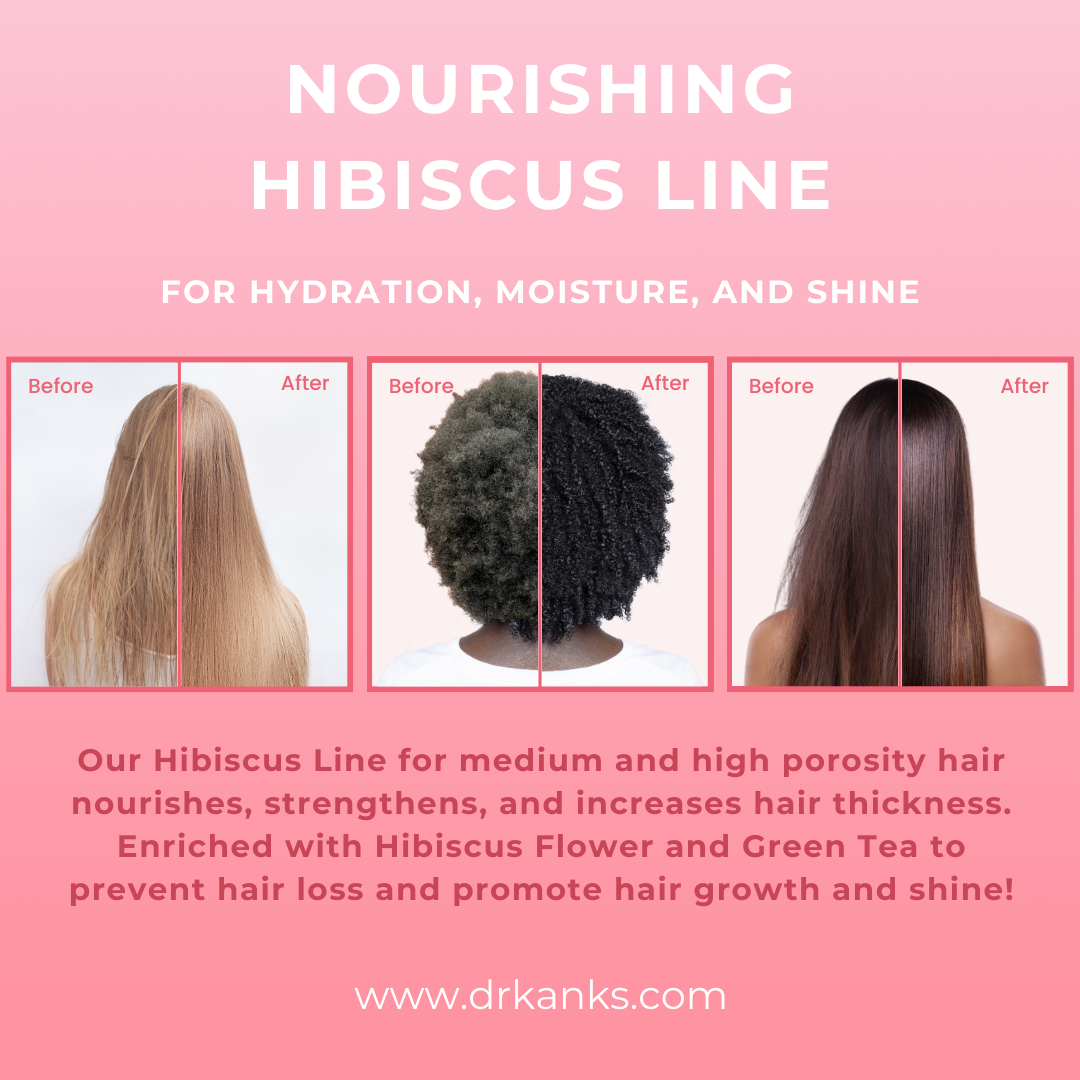
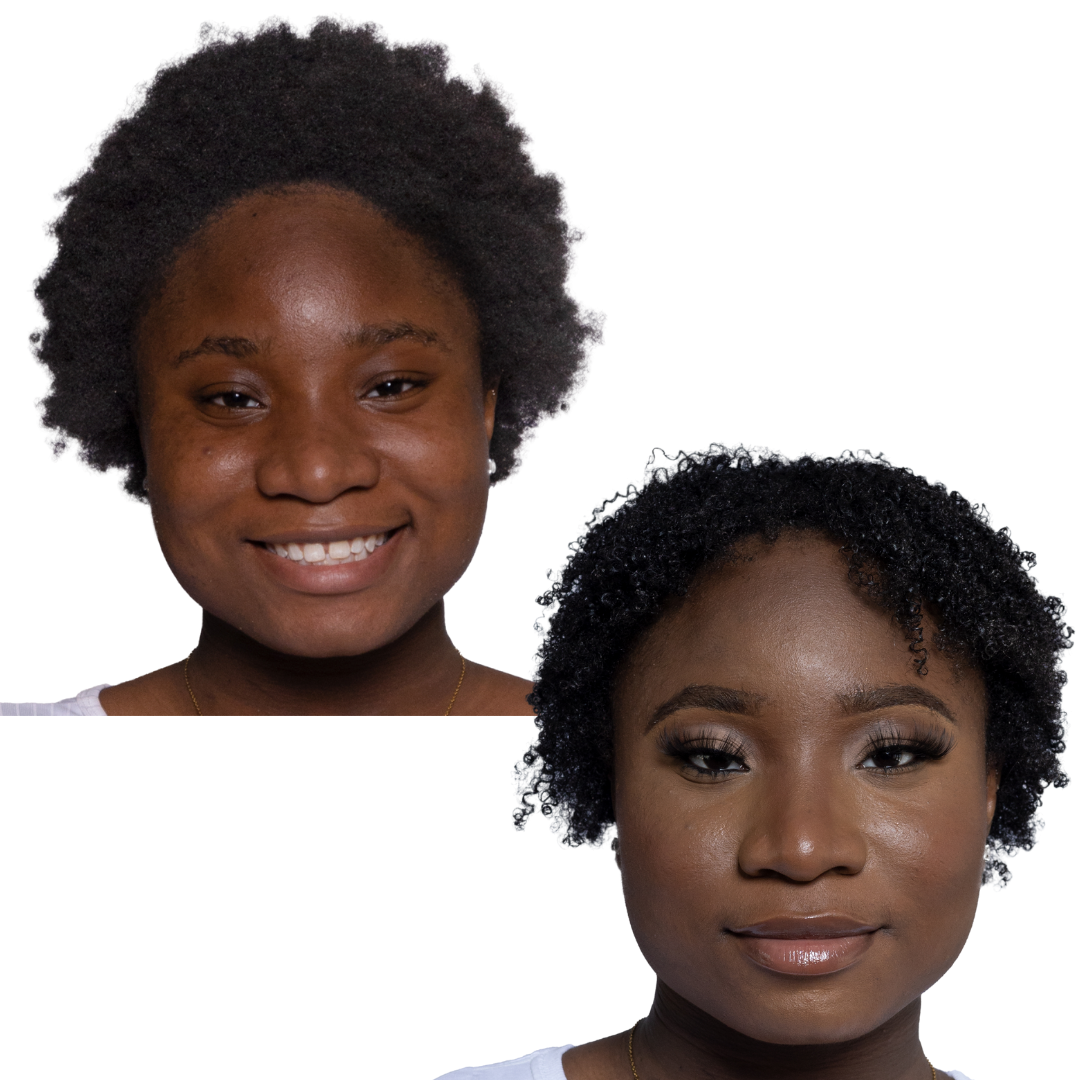
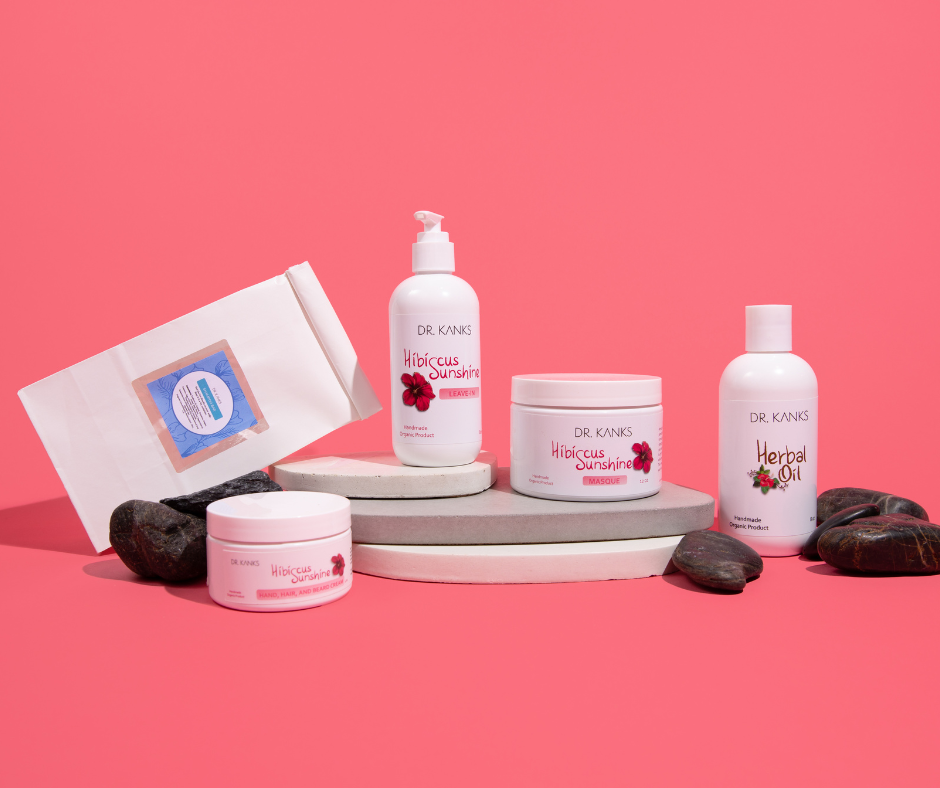


Leave a comment
This site is protected by hCaptcha and the hCaptcha Privacy Policy and Terms of Service apply.